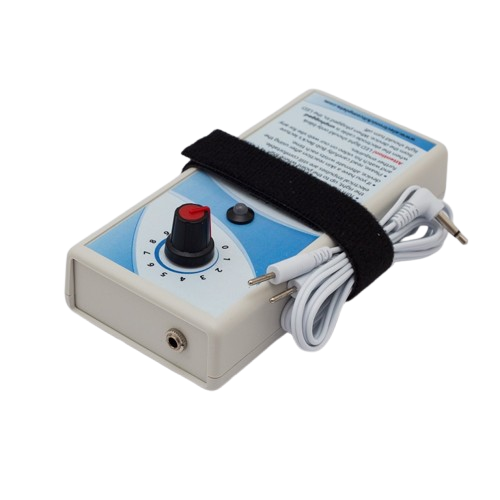Essential Guide to Vitamin C: Benefits, Sources & Deficiency Signs
Often recognized for supporting the immune system, vitamin C (ascorbic acid) is a vital water-soluble nutrient that contributes to many aspects of health — from collagen formation and skin repair to helping the body absorb iron from plant-based foods. It also plays a key role in defending cells against oxidative stress.
Vitamin C – Why This Nutrient Matters
This vitamin is essential because the human body can’t produce or store it, meaning we must get it regularly from our diet. Beyond immune function, it’s critical for wound healing, gum health, and maintaining healthy skin, blood vessels, and bones.
Top Everyday Sources
You’ll find high amounts in many fresh fruits and vegetables. Here are some standout choices with their approximate contribution to the daily recommended intake:
Oranges: 1 medium fruit provides around 50–60% of your daily requirement.
Strawberries: 1 cup (about 8 large berries) gives you 100% of your daily needs.
Kiwi: A single medium fruit contains about 70%.
Red Bell Peppers: Just half a cup (raw) supplies over 100%
Broccoli: Half a cup cooked delivers roughly 45–50%, though some is lost during cooking.
Papaya: One small papaya can cover up to 150% of your daily value.
Brussels Sprouts: ½ cup cooked gives around 40–50%.
Other foods like spinach, tomatoes, and potatoes also contribute smaller amounts.
What Happens If You Don’t Get Enough?
A deficiency is rare in well-nourished populations but can happen due to poor diet, alcohol misuse, smoking, or digestive issues. Watch out for these early signs:
- Fatigue or low energy
- Dry or rough skin
- Bruising easily
- Slow-healing cuts
- Swollen or bleeding gums
- More frequent colds or infections
- Aching joints
- Anemia symptoms
Prolonged deficiency can lead to scurvy, a serious condition causing bleeding gums, joint pain, and severe fatigue.
How to Check Your Vitamin C Levels
If you suspect you’re not getting enough, there are a few ways to assess it:
Blood Test: A simple plasma test can determine if your levels are low (typically below 0.2 mg/dL).
Physical Signs: Dentists and doctors often spot deficiencies by examining the gums and skin.
Diet Review: Analyzing your regular food intake can reveal if your eating habits are lacking.
Routine testing isn’t necessary unless you’re experiencing symptoms or have a medical condition that affects nutrient absorption.
Cooking and Nutrient Loss: What You Should Know
Vitamin C is quite fragile — it breaks down when exposed to heat, light, and oxygen. The way you cook your food significantly impacts how much remains intact:
Boiling: Can destroy up to 50% of the vitamin.
Steaming: A gentler method, with only 15–20% lost.
Microwaving: Leads to a 20–30% reduction, depending on time and water content.
Frying: High temperatures can cause up to 50% or more to be lost.
Blanching: Still results in 20–30% loss, though better than full boiling.
For example, half a cup of raw broccoli might offer 45–50% of your daily intake, but that number can drop to 20–25% after boiling.
To preserve nutrients:
- Cook with minimal water.
- Use shorter cook times.
- Enjoy fruits and some veggies raw when possible.
Wrap-Up: Keep It Fresh and Colorful
Maintaining optimal health is easier when your meals include a variety of colorful produce. With just one orange or a handful of strawberries, you can cover a large portion of your daily requirement. Eating fresh, minimally processed foods — and preparing them wisely — helps ensure you’re getting enough of this important nutrient without needing supplements.
Quick Reference:
1 orange = ~50–60% of daily needs
1 cup strawberries = ~100%
1 kiwi = ~70%
½ cup cooked broccoli = ~45–50% (before losses)
Personal experience: My daughter had very easy bruising for many months. She started eating extra vitamin C and her bruising went away almost completely. If you live in a not so sunny place it might be a good idea to get in some extra fruit 🙂
This material reflects personal research conducted in my spare time and is intended for informational purposes only. It does not constitute medical advice. Always consult a qualified healthcare provider.
